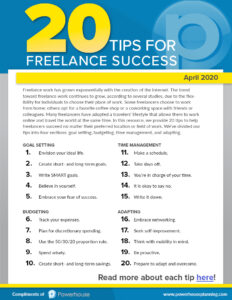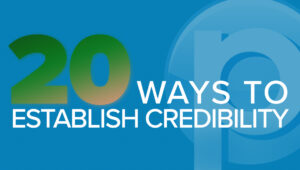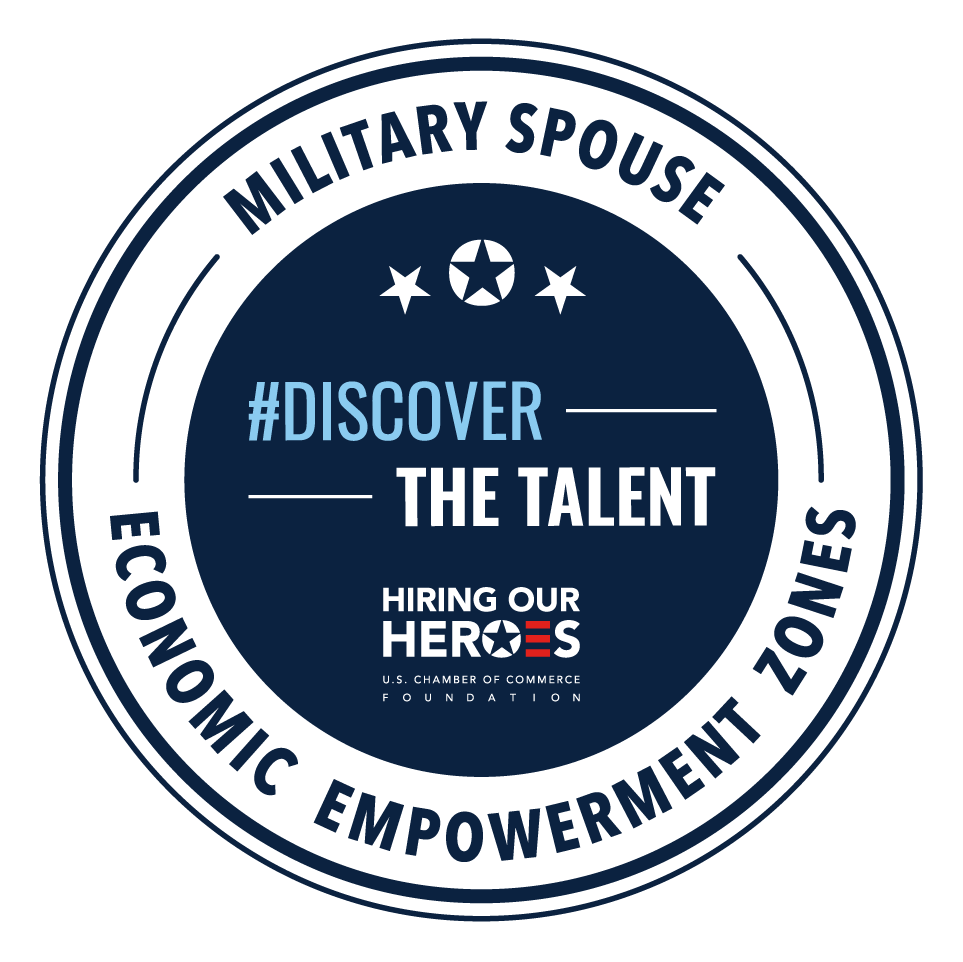Did You Know?
Freelance survival is all about working smarter, not harder. That, and knowing when to make time for yourself, whether that be focusing on your personal health and wellness or spending a little extra TLC on your professional concerns. Powerhouse has tons of resources to help you find the perfect balance between your hard-charging career needs and life. Check out our career resources and life resources for tons of information to make your “survival” just a little easier.











